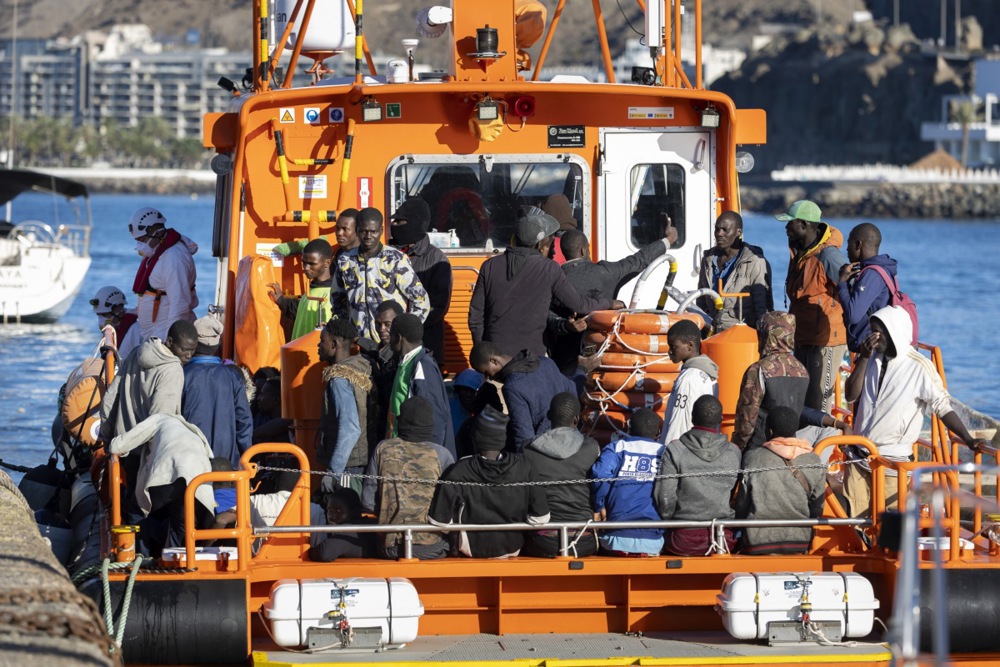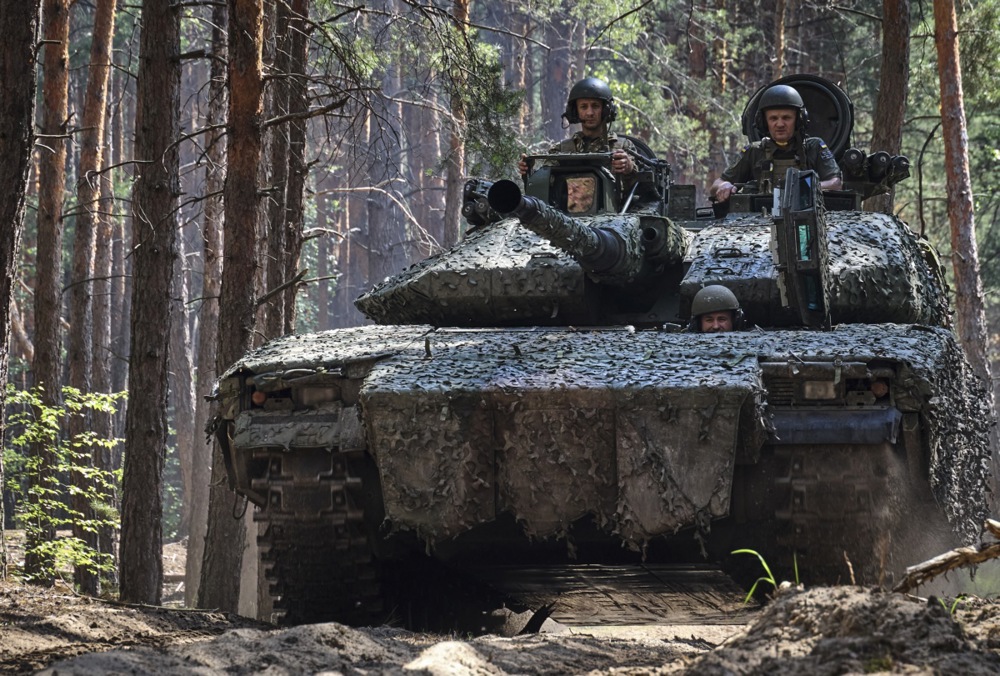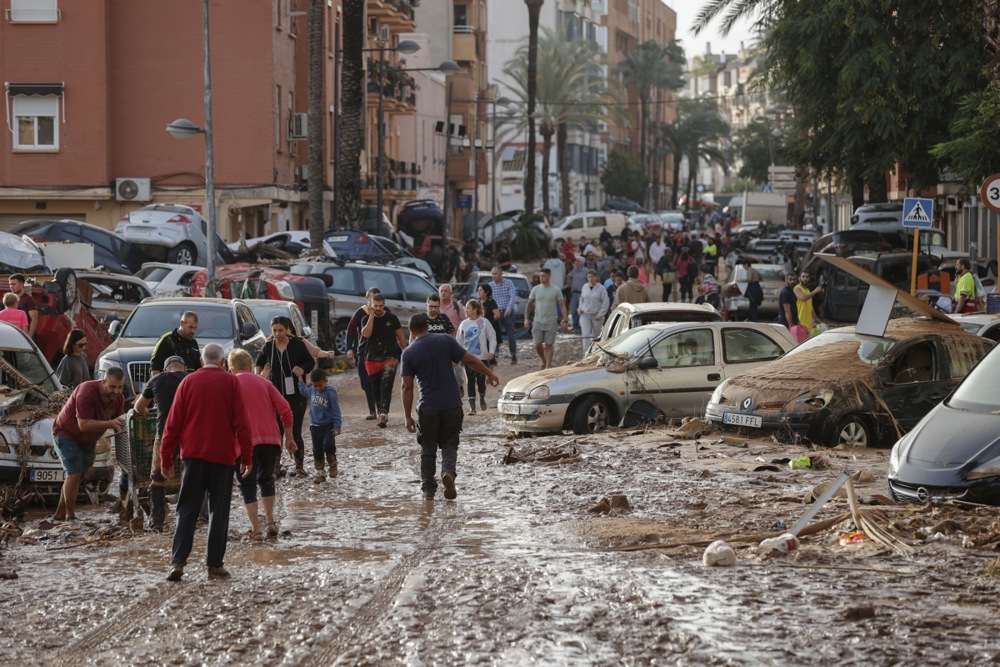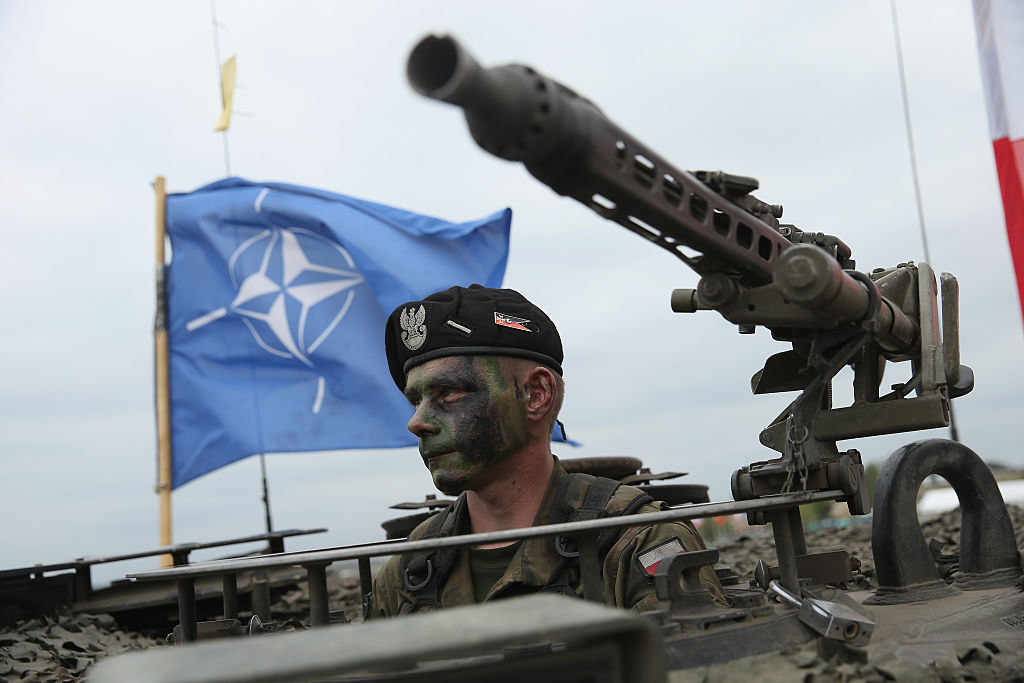Poland has assumed the rotating presidency of the Council of the European Union, marking the end of Hungary’s six-month tenure.
Although the Council’s presidency, which Poland took over on January 1, does not carry real executive power, the country holding it plays a crucial role in setting priorities and steering thematic meetings during its term.
In July 2024, Hungary began its presidency controversially: Prime Minister Viktor Orbán visited Ukraine and later met with Russian President Vladimir Putin in Moscow, drawing criticism from EU partners.
He concluded his country’s term with a meeting with US President-elect Donald Trump on December 9 to discuss a potential peace plan between Kyiv and Moscow.
Poland, one of the EU’s fastest-growing economies contributing 4 per cent of the bloc’s GDP, has stated its main priority during its Council tenure will be security.
Poland leads Europe in defence investment, allocating the highest percentage of its GDP to this sector.

The focus on security will include the Ukrainian conflict and growing migratory pressure on Poland’s border with Belarus.
Warsaw has already adopted restrictive measures, such as a recent law temporarily limiting the right to asylum, which has drawn criticism from left-wing groups in the country and elsewhere.
Polish Prime Minister Donald Tusk argued that asylum was being exploited by “enemies of Poland” to destabilise the country.
According to the Polish Government, at least 63 officers were injured in 2024 while trying to contain migrants at the border, incidents that were described as “hybrid attacks”.
Poland plays a central role in EU politics as a migration buffer and an economic bridge between Western and Eastern Europe.
Additionally, its proximity to Russia and Ukraine positions the country as both a mediator for and defender of regional stability.





